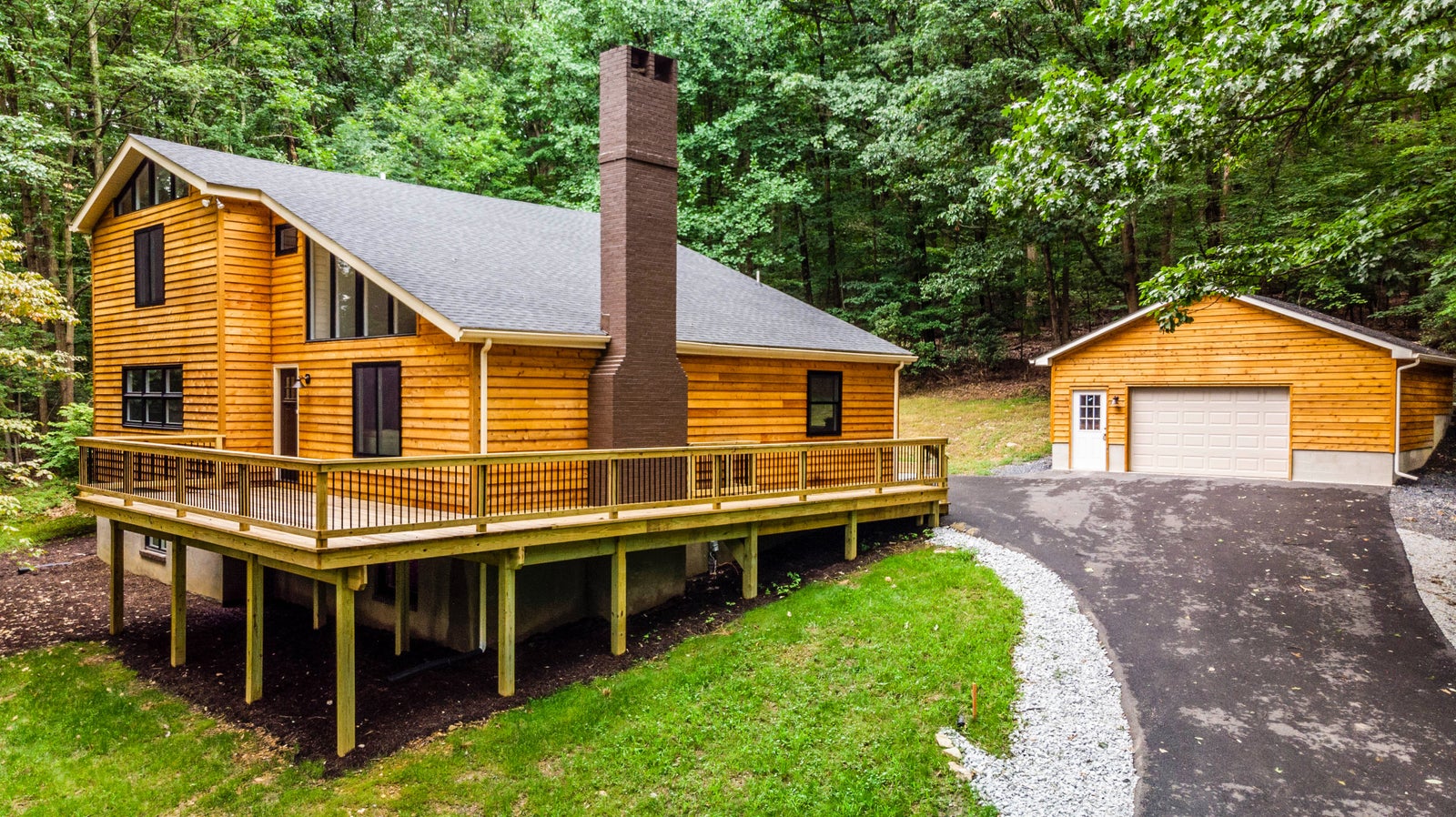
1. Is this my ‘forever’ home, or is ‘right now’ good enough?
While you can’t predict the future it is possible to evaluate the likelihood you might be moving in coming years. If so, then maybe you don’t need to buy that perfect “forever home” where you’ll grow old; maybe a “right now” home is good enough.
2. What will my income look like later?
If you’re early in your career, odds are decent that your income will increase over the years. Or, if you’re reaching the end of your career, you may be looking at flattened or declining income. In either case, it’s never a good idea to get a mortgage at the max of what you can afford; it’s better to go small and have some wiggle room.
Also, remember more space means more time and money spent on upkeep and maintenance, more rooms to fill with furniture, and higher utility bills to heat and cool the home.
3. What are my priorities?
Another question to consider is what you’ll use all that space for—and be honest: While you might dream of hosting epic dinner parties in that big formal dining room, will you really? Can you say with certainty that your in-laws will descend on you during the holidays and need a guest bedroom to crash in, or might they be just as comfortable in a nearby Airbnb?
4. How much space do I want from my own family members?
If you absolutely must have privacy—to, say, get work done in a home office or chill out in your man cave—then that extra square footage may be well worth the money. But if you’re more the type who loves having their family members nearby, a large home gives people plenty of alone time... sometimes too much.
5. Does this home feel spacious even if it doesn’t have much space?
Keep in mind that even small homes can feel spacious purely based on an open floor plan and lots of light. Meanwhile, large homes can still feel cramped if they’re dark or poorly laid out. So, when shopping for real estate listings, know that the little number next to square footage may not tell the whole story.